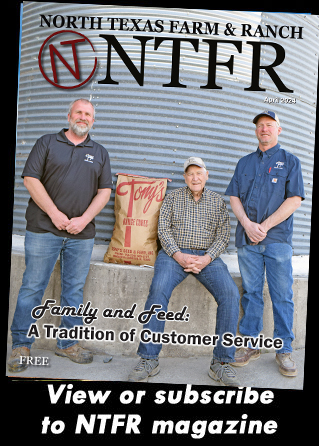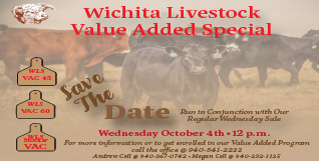Farm & Ranch
Let your babies grow up the be cowboys
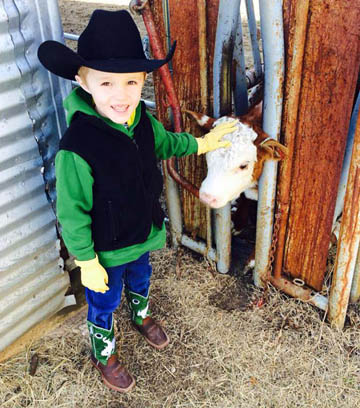
By contributing writer Krista Lucas
People have heard the popular Winston Churchill saying, “There is something about the outside of a horse that is good for the inside of a man.” Horses and ranch life can shape a child in more positive ways than one.
Being involved with agriculture in any form can help the development of a child physically, emotionally and socially. Maturity can be gained through learning how to work with animals, as well as people.
Horses are used daily on a ranch, and many little boys and girls dream of having their own. An equine friend can be an instrumental tool in the development of a young child.
Jex Taylor, a four-year-old boy from Celina, Texas, has been around ranch life and horses his entire life by visiting his grandparents’ ranch.
He has learned how to brush, saddle and even ride a horse. His mom, Lindee Taylor, said his improvement in cognitive abilities such as language development was due to his involvement with horses.
“A speech therapist would constantly drill him with different labeled objects, but he wouldn’t interact,” Taylor said. “But when he started going to the barn, he was really interested every time.”
Horses helped Jex express himself. As a toddler, he rarely made any sounds, until he became involved with the horses and tractors on the ranch. He soon learned to make tractor noises and could name several horse breeds. To read more pick up the April 2014 issue of North Texas Farm & Ranch.
“He went from being almost nonverbal,” Taylor said, “to driving down the road and pointing out different types of horses.”
Jex became more observant by looking at horses and cattle, as well as wanting to communicate and be active on the ranch.
“He used to always want to sit in my lap everywhere,” Taylor said. “Now he wants to go to the barn.” When asked which horse is his favorite on the ranch, Jex replied, “Ace!”
“When he was three, every time I would ask, ‘What do you want for Christmas?’ he would say a horse,” Taylor said.
Ranch activities such as feeding cattle, including a 26-year-old longhorn, gave Jex the freedom to interact with others. Taylor said her son was excited to take a picture of the cow to show at his daycare.
Jex is just one of many boys and girls who have benefited from agriculture. Now there are even camps offered for children to participate in the rural way of life. There are therapeutic camps, riding lesson camps, and competitive rodeo camps.
Farm & Ranch
Ag Elsewhere: Wyoming
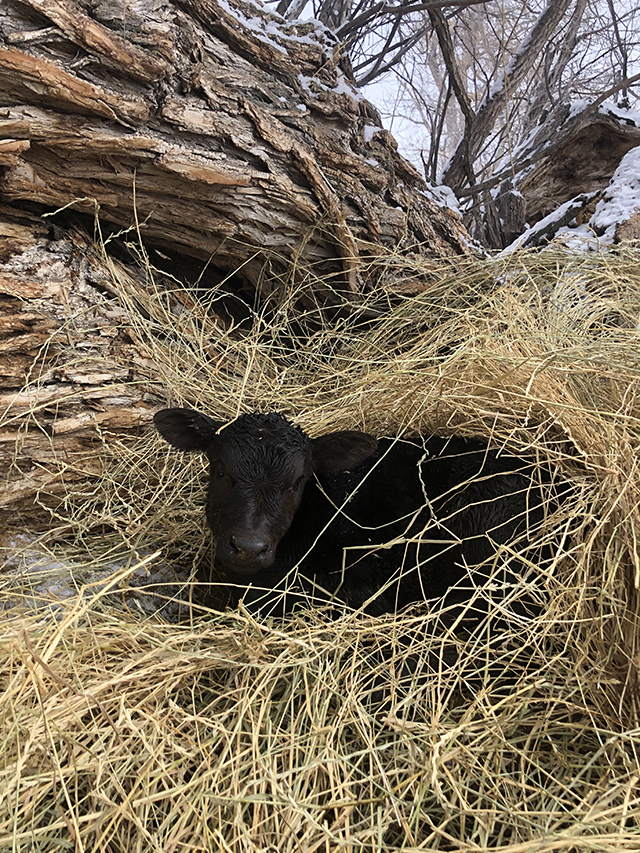
By Tressa Lawrence
Babies are tucked away in every nook and cranny. Many ranchers across Wyoming have baby animals popping up all over this time of year.
Farm & Ranch
Ag Elsewhere: Montana
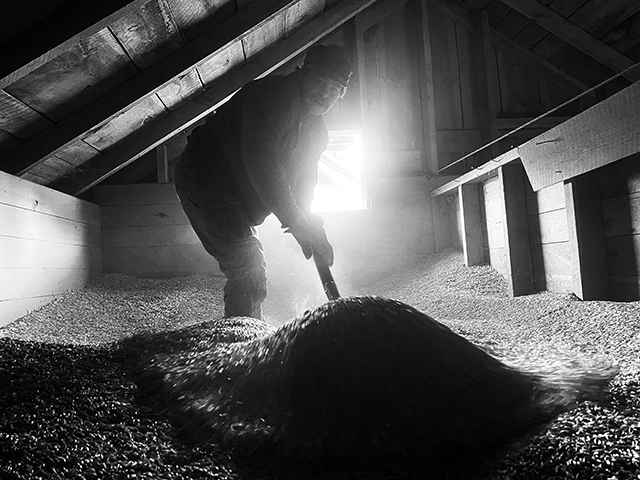
By Lindsey Monk
Another load of grain in to keep feeding the calves until the green grass can really start popping.
Farm & Ranch
Meanwhile, Back at the Ranch….
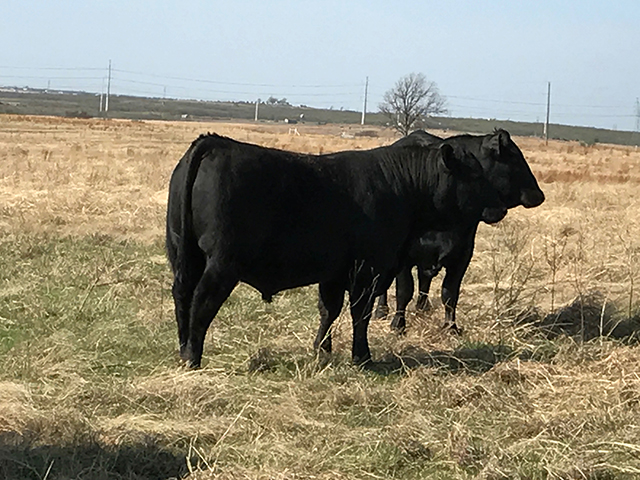
By Rayford Pullen | [email protected]
Spring has sprung and hopefully the rains will continue where our country will heal from the previous droughts and our grasses will thrive. We are especially hopeful for the Panhandle of Texas where our neighbors and friends have been dealt a deadly blow to homes, ranges, livestock, and people. Keep them in your prayers as they will not be able to return to normal for many years if at all. Having lost their ability to benefit from this great cattle market is a double whammy for all of them.
Now is the time of year when we need to take care of business as it relates to our new calves that have been hitting the ground this spring. First and foremost is vaccinating for Blackleg followed by deworming with a white wormer and the IBR complex. Blackleg is a soil-born disease and with pastures extremely short this spring our calves have been grazing the green grass as soon as it shows itself, making them even more vulnerable to picking contaminates from the soil.
To read more, pick up a copy of the April issue of NTFR magazine. To subscribe by mail, call 940-872-5922.
-

 Country Lifestyles1 year ago
Country Lifestyles1 year agoScott & Stacey Schumacher: A Growth Mindset
-

 Equine7 months ago
Equine7 months agoThe Will to Win
-

 Country Lifestyles7 years ago
Country Lifestyles7 years agoStyle Your Profile – What your style cowboy hat says about you and new trends in 2017
-

 Country Lifestyles4 years ago
Country Lifestyles4 years agoAmber Crawford, Breakaway Roper
-

 HOME7 years ago
HOME7 years agoGrazing North Texas – Wilman Lovegrass
-

 Country Lifestyles7 years ago
Country Lifestyles7 years agoDecember 2016 Profile, Rusty Riddle – The Riddle Way
-

 Country Lifestyles8 years ago
Country Lifestyles8 years agoJune 2016 Profile – The man behind the mic: Bob Tallman
-

 Country Lifestyles8 years ago
Country Lifestyles8 years agoCowboy Culture with Clay Reid – Being a Man

